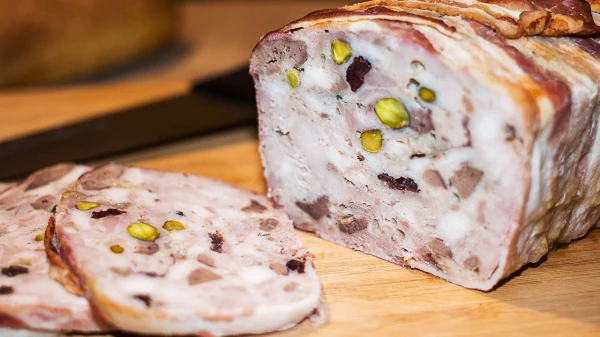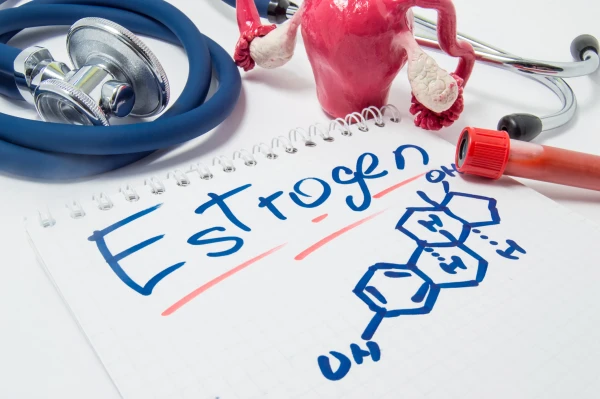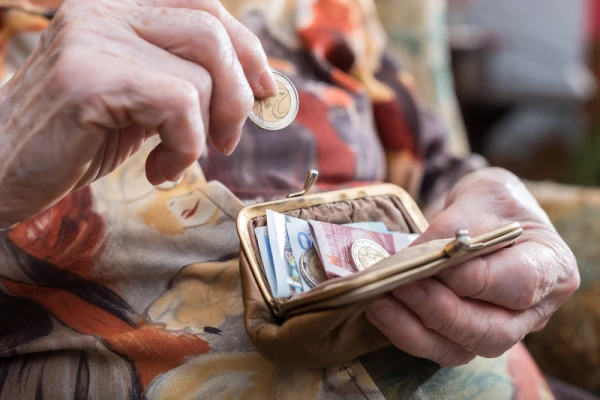
Sometimes each of us faces the desire to eat something fatty and delicious, even knowing that it is not always healthy. However, it is important to know what to do after such a meal to minimize negative consequences and return the body to a healthy state. Here’s how to act after eating fatty food to feel better.
10 things to do if you overeat fatty foods
Drink Warm Water
This habit is one of the simplest and most effective ways to aid your digestion. Warm water helps food to be better digested and broken down, and it also helps the body eliminate toxins.
When you drink hot water after a fatty meal, it helps activate the work of the stomach and intestines, stimulating digestive processes. Cold drinks during or immediately after a meal are not the best choice, as they can impair stomach function by diluting gastric juice and cooling the digestive organs. As a result, food is digested more slowly, and your body has to expend additional resources to warm up and restore thermal balance.
Drink Lemon Beverages
Lemon beverages help reduce fat levels and increase insulin sensitivity. You can easily make a simple homemade lemonade: squeeze lemon juice, add some water, and a sprig of mint. You can also add a couple of lemon slices to hibiscus tea.
However, it is important to remember that such drinks are not a miracle cure and should be used as part of a balanced diet.
Move Around
Physical activity is another important aspect. After a hearty fatty meal, a light walk outdoors for 30 minutes is ideal. It helps food move better through the gastrointestinal tract, speeding up digestion and reducing the feeling of heaviness. It also helps burn off extra calories and maintain a slim figure.
You shouldn’t immediately jump into intense workouts or heavy physical activity after indulging in fatty dishes, as this can be harmful and cause discomfort. It is best to choose moderate activity that helps you relax and improve metabolism.
Plan Your Next Meal
Planning your next meal is an important aspect that will help you avoid impulsive decisions and poor nutrition. After a fatty meal, it is best to take a break and then stick to a light snack.
Don’t skip breakfast if you ate something fatty in the evening: it provides energy for the whole day and helps stabilize blood sugar levels. Include vegetables, whole grains, and light proteins in your diet.
Try to eat small portions, thoroughly chewing your food — this promotes better absorption and reduces the load on the stomach. It is also important to monitor your hydration: drink enough water to avoid dehydration and help your body eliminate leftover fats and toxins.
Eat Foods Rich in Probiotics
Another way to help your digestion is by consuming probiotics.
Yogurt or kefir are excellent sources of beneficial bacteria that help balance gut microflora and strengthen immunity. Include sauerkraut, kombucha, or other fermented foods in your diet to restore gut flora balance after fatty foods and speed up the body's recovery processes.
Probiotics also improve intestinal function, reduce bloating and gas, which is especially important after overeating.
Prepare Herbal Tea
Herbal teas are another pleasant and useful way to help your stomach.
Ginger tea has anti-inflammatory properties and helps reduce nausea, while mint tea contains menthol, which relaxes the muscles of the gastrointestinal tract, alleviating bloating and gas.
These drinks help soothe the stomach and promote smoother passage of food. They can be consumed both during and after meals to reduce discomfort and speed up recovery.
Eat Fruits or Vegetables
Consuming fruits and vegetables is an important element of recovery after fatty foods. They are rich in vitamins, minerals, and fiber, which helps normalize intestinal function and prevent constipation. Start with a light salad or fresh vegetables to provide your body with the necessary micronutrients.
Fruits such as apples, pears, berries, or citrus are sources of vitamins and antioxidants. Fresh fruits are especially beneficial as snacks or in smoothies, which help restore energy and support metabolism.
Get Enough Sleep
Good and adequate sleep promotes recovery, improves mood, and helps eliminate stress and overeating.
After a fatty meal, it is important to get a good night's sleep to give your body time to recover and regenerate. If you neglect this and sleep less than seven hours, you may experience stomach pain, heartburn, and bloating. Therefore, try to go to bed early, create comfortable sleeping conditions, and avoid emotional overeating, which is often related to stress and nervous tension.
Eat Something Bitter
If you feel that food is stuck in your stomach or causing discomfort, try eating something bitter — this stimulates digestion and promotes faster breakdown of heavy foods.
You can treat yourself to grapefruit, cranberries, or lime, eat a bit of ginger, arugula, or spinach. Or drink a cup of chicory without adding sugar to the beverage.
Eat Foods Rich in Magnesium
Magnesium is another important mineral that helps combat constipation and relieves muscle spasms. So for a snack, you can choose foods rich in this micronutrient, such as fish, bananas, or avocados.
Overall, it is important to remember that one improper meal will not ruin your health; the key is to respond correctly and take care of yourself. By following these recommendations, you can quickly recover after a fatty meal, improve digestion, and maintain health for many years. Don’t forget that balance and moderation are the keys to good well-being and longevity.











